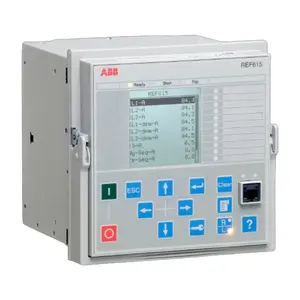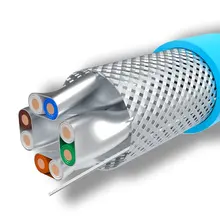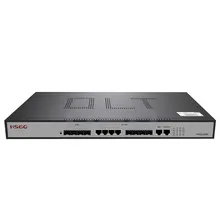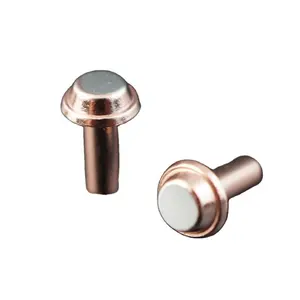Understanding Relay Contact Points
Relay contact points are critical components in the realm of electrical engineering, serving as the primary interface in relay devices that control power circuits. These points are essential for the regulation and interruption of electrical flow, acting as a bridge for current to pass through or be halted. The functionality of relay contact points is pivotal in both residential and commercial electrical systems, ensuring the seamless operation of various electrical applications.
Types and Materials of Relay Contact Points
The construction of relay contact points is diverse, with materials carefully selected for their electrical conductivity and durability. Common materials include copper, known for its excellent electrical conductivity; tungsten, chosen for its robustness and high melting point; brass, which provides a balance of conductivity and strength; and silver, favored for its superior conductivity and anti-corrosion properties. These materials are shaped into contact points through precise manufacturing processes, including cold pressing, which enhances their durability and thermal conductivity.
Applications and Features
Relay contact points are integral to a multitude of electrical components such as switches, conductors, and insulators. Their design allows for versatility in application, making them suitable for use in various relay types, from those in small electronic devices to large-scale industrial machinery. Features of these contact points include low thermal resistance, ensuring efficient operation even under high temperatures, and shockproof and flame-retardant properties, which contribute to the overall safety of the electrical systems they are part of.
Advantages of Relay Contact Points
The advantages of using well-crafted relay contact points are manifold. Their resilience against wear and high thermal conductivity make them reliable for continuous operation. Additionally, the anti-corrosion aspect of materials like silver ensures a longer lifespan, reducing the need for frequent replacements. These contact points are also designed to be eco-friendly, minimizing the environmental impact of electrical systems.
Selecting the Right Relay Contact Points
When it comes to selecting the appropriate relay contact points for specific electrical needs, it is crucial to consider factors such as size, shape, and material properties. The selection available on Alibaba.com caters to a wide range of requirements, allowing buyers to find the most suitable contact points for their applications. While customization options are available, it is important to assess the compatibility of these contact points with existing electrical components to ensure efficient and safe operation.
Environmental Impact and Maintenance
The relay contact points available are designed with an eye towards sustainability. Their eco-friendly nature does not compromise their performance or durability. Maintenance needs are minimal, making them a cost-effective choice for long-term use in various electrical systems. With easy availability, these components support the maintenance of electrical systems without excessive downtime.
Relay contact points








































 浙公网安备 33010002000092号
浙公网安备 33010002000092号 浙B2-20120091-4
浙B2-20120091-4